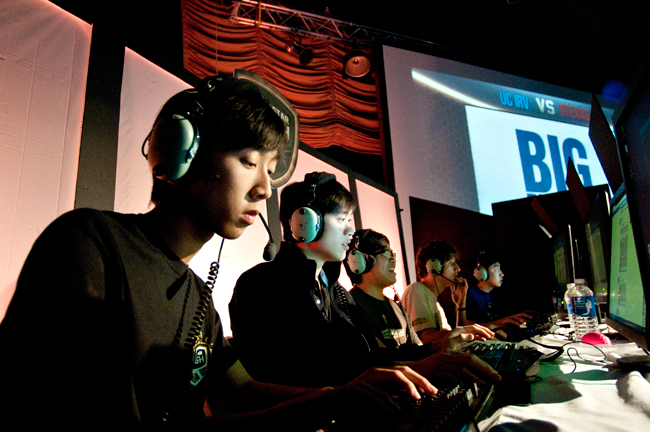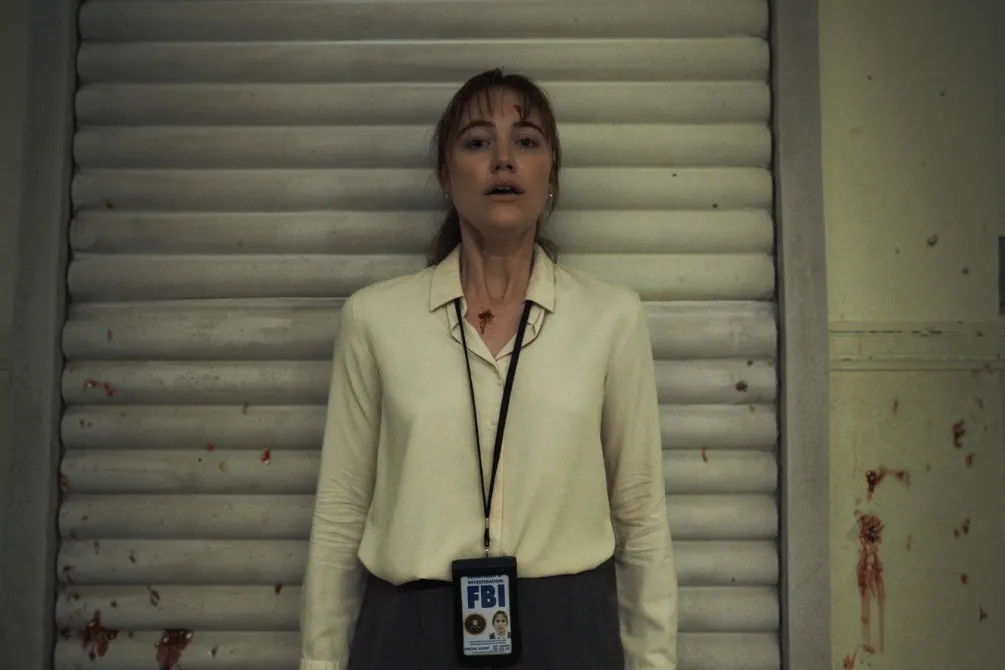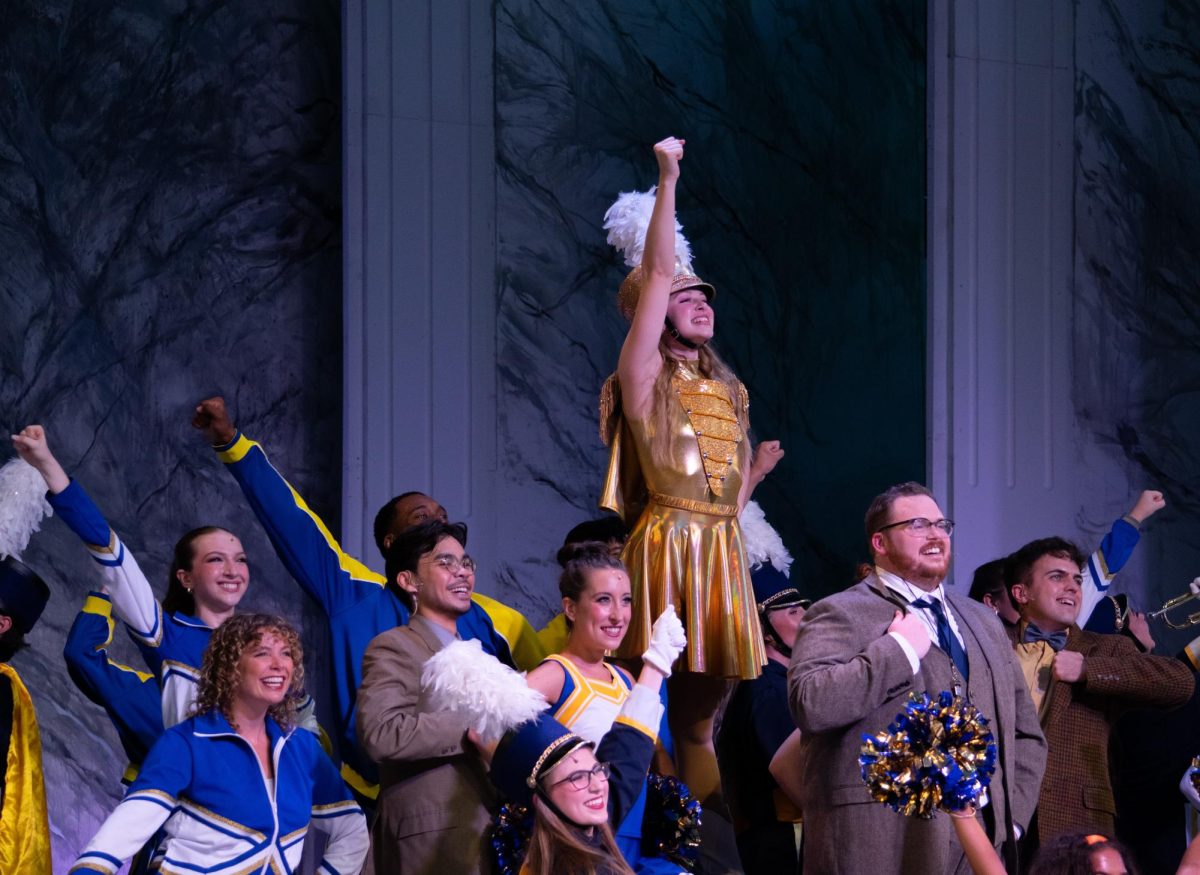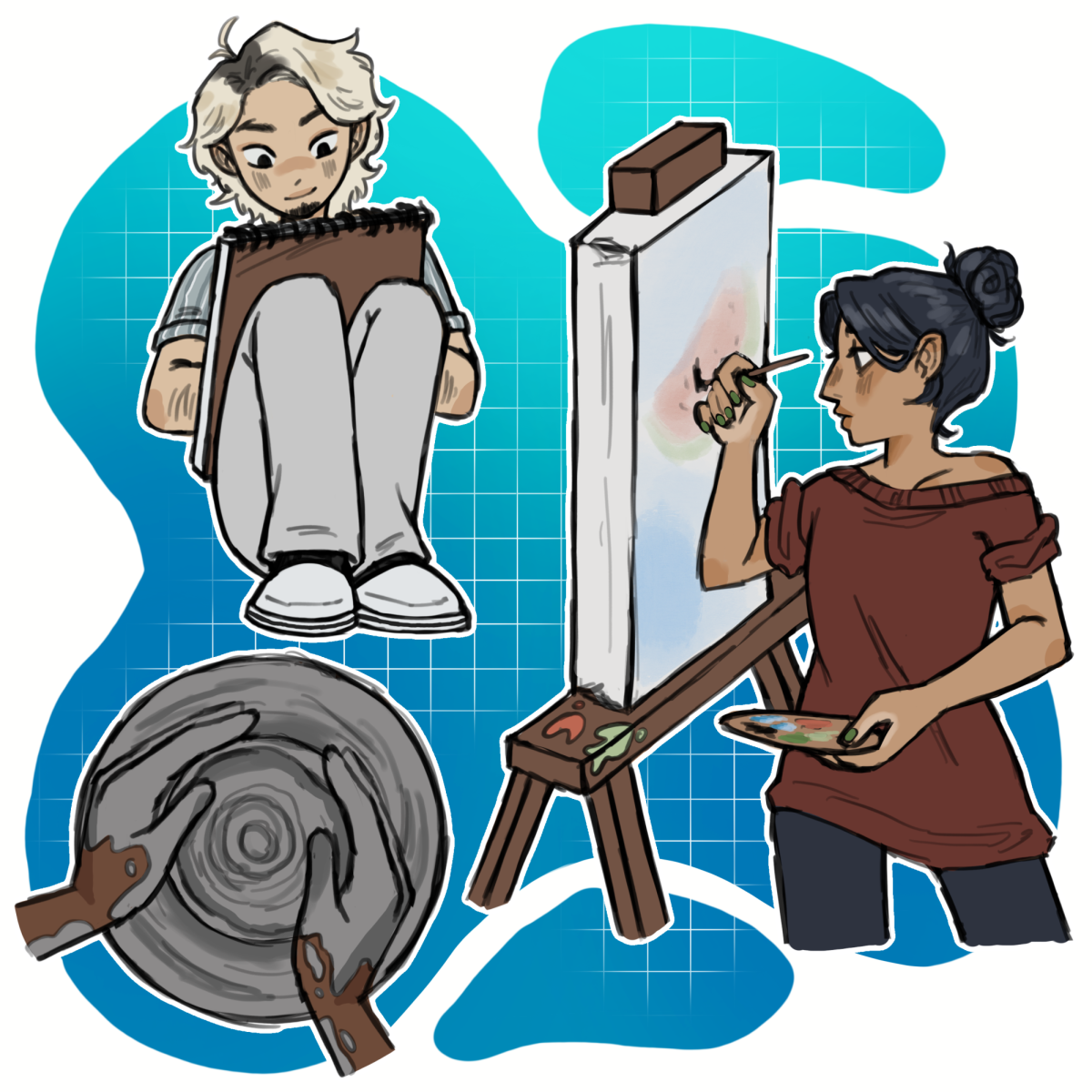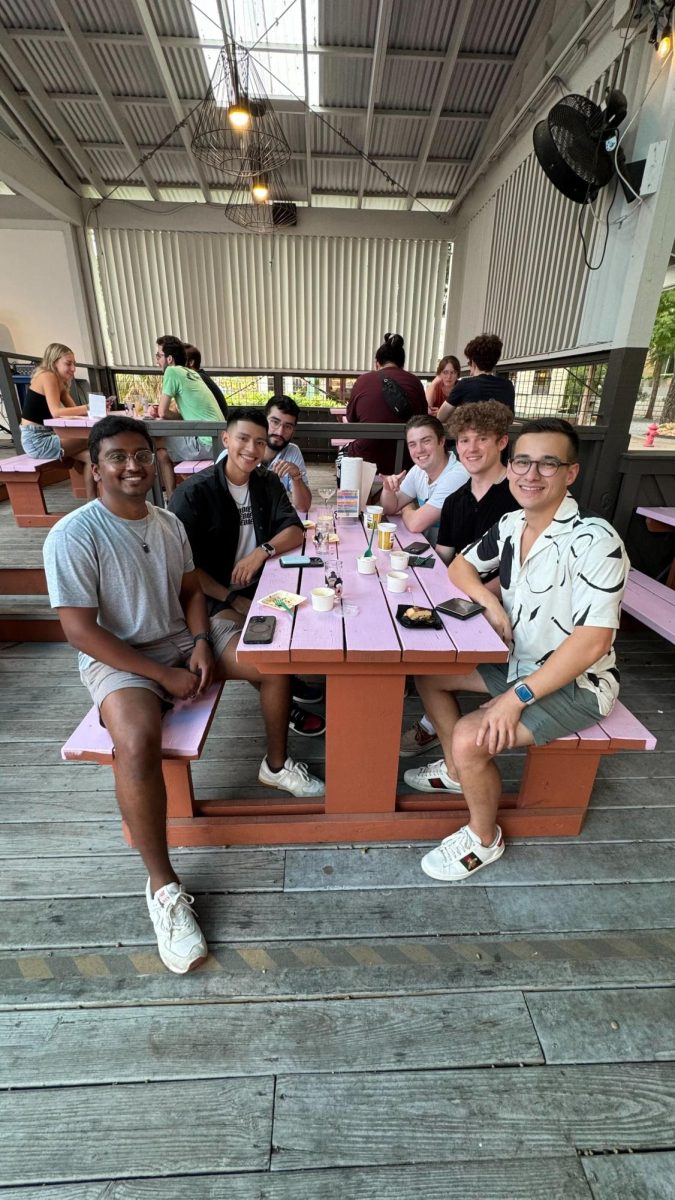The increasingly popular “Lone Star Clash” gaming tournament, an invitational event pitting professional and collegiate gamers against one another for cash prizes as high as $15,000, returned this weekend.
The Texas e-Sports Association, founded by co-presidents Tyler and Adam Rosen, is the award-winning organization behind the tournament. Hoping to gather fans of the “Starcraft” video game series, TeSPA was officially created in August 2010 on the UT campus. The concept has since taken off.
“We’ve hosted one large hallmark event each semester, starting from a crowded 64-person LAN [Local Area Network] in a classroom all the way to Lone Star Clash 2, more than doubling in size and scope with each iteration,” Tyler Rosen said. “With each event, we’ve committed to redefining the limits of what is possible with a mere student organization.”
Considering the impressive display of custom stages, automated lighting and professional-line CPUs used at the tournament, it’s hard to imagine that two students were able to pull together such a complex event while also balancing class work.
Because of their previous success, the Rosen brothers needed to accommodate large crowds of fans at Lone Star Clash 2. Because of limited space on campus, the tournament was held at the Marchesa Hall and Theatre.
Corporate sponsors such as AT&T, Redbull Gaming and Microsoft openly endorsed the tournament by providing equipment, concessions and, in the case of XSplit, even live-streaming of the matches on the Internet. TwitchTV, an e-sports broadcasting company, has been working alongside TeSPA since the spring of 2011, helping millions of fans around the world follow the gameplay.
Aerospace engineering freshman Lawrence Eo was able to keep up with each individual match throughout the weekend from the comfort of his dorm room.
“I only started getting in ‘League of Legends’ over this past summer, but since then I’ve been watching certain professional players to help improve my own technique,” Eo said while viewing the University of California, San Diego compete against Georgia Tech Saturday.
Now with eight separate chapters to its name, TeSPA oversees a majority of e-sports gaming events within the state of Texas. Gamers looking to keep in contact with event organizers and compete professionally often turn to the Rosen brothers’ organization to facilitate their online career.
“Our events bring in not only the student community but literally millions of viewers and participants from across the globe,” Tyler Rosen said. “We’re … excited to continue showcasing what is possible with such a talented and passionate group of students.”
Although TeSPA originally started out with the video game “Starcraft,” the Lone Star Clash tournament has since added “League of Legends.” Both of these real-time strategy games require players to be dexterous controllers of individual armies and characters. The use of complementary character abilities, high-paced maneuvering and teamwork are all keys to success when competing in each match. All 16 players who made it past qualifying rounds for the tournament were awarded with expense-free travel along with the chance to win cash prizes.
The success of the Lone Star Clash tournament demonstrates a very clear growth in the e-sports industry throughout the last couple of years. TeSPA outreach director Vivian Tsai said that despite such humble beginnings, colleges across the country are now starting their own competitive teams.
“TeSPA will definitely continue to grow. We recently expanded to eight other universities, and we’re still looking for more representatives in other schools all over Texas,” Tsai said in an email.
Independent of the competitions and future prospects, however, TeSPA’s main focus is about growing a community of game-loving enthusiasts in the heart of Austin.
“Through this time, we’ve maintained the philosophy that a passionate and dedicated team can achieve impossible feats,” Tyler Rosen said.
Printed on Tuesday, November 13, 2012 as: Student gamers amass global competitors



